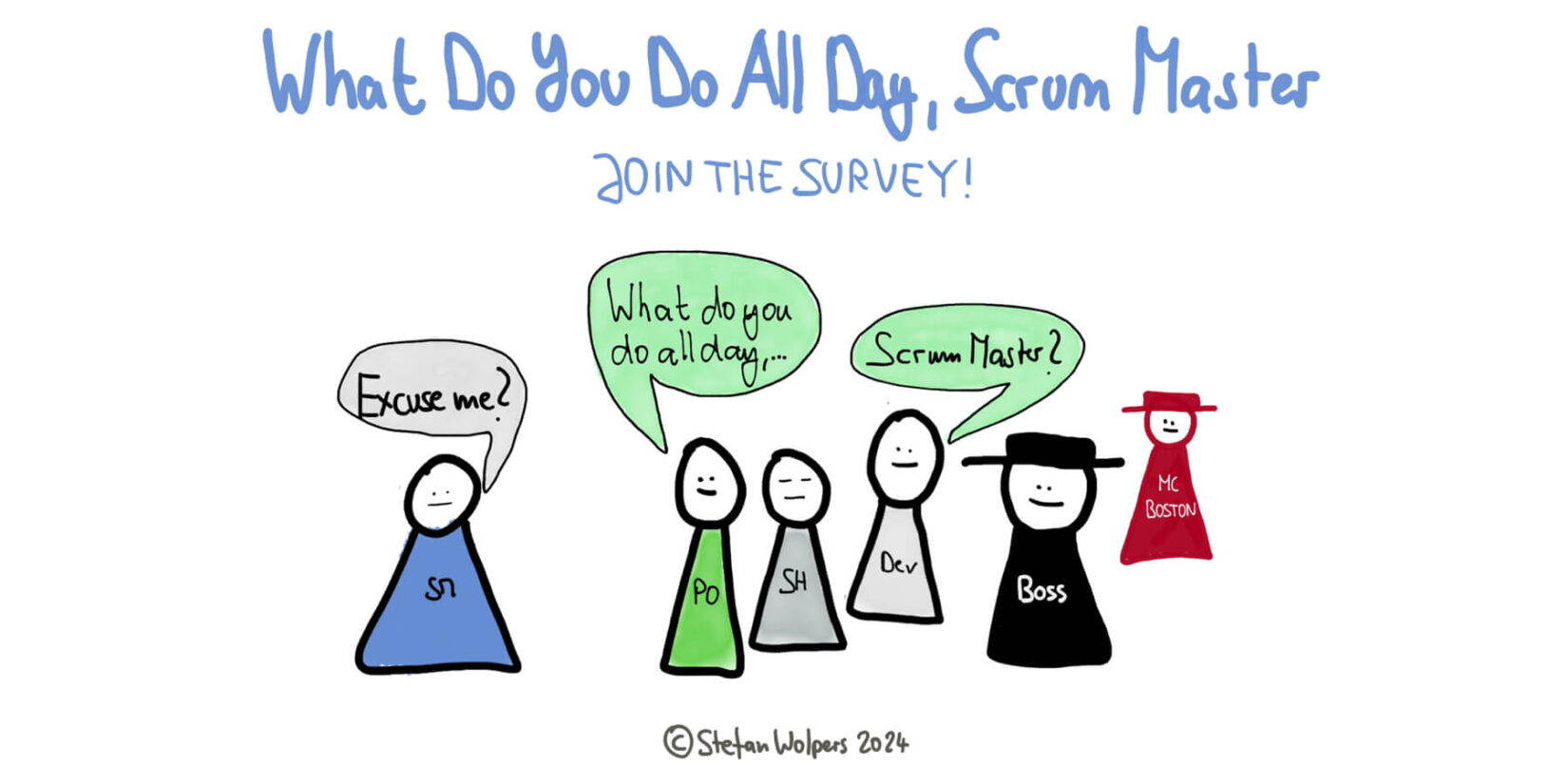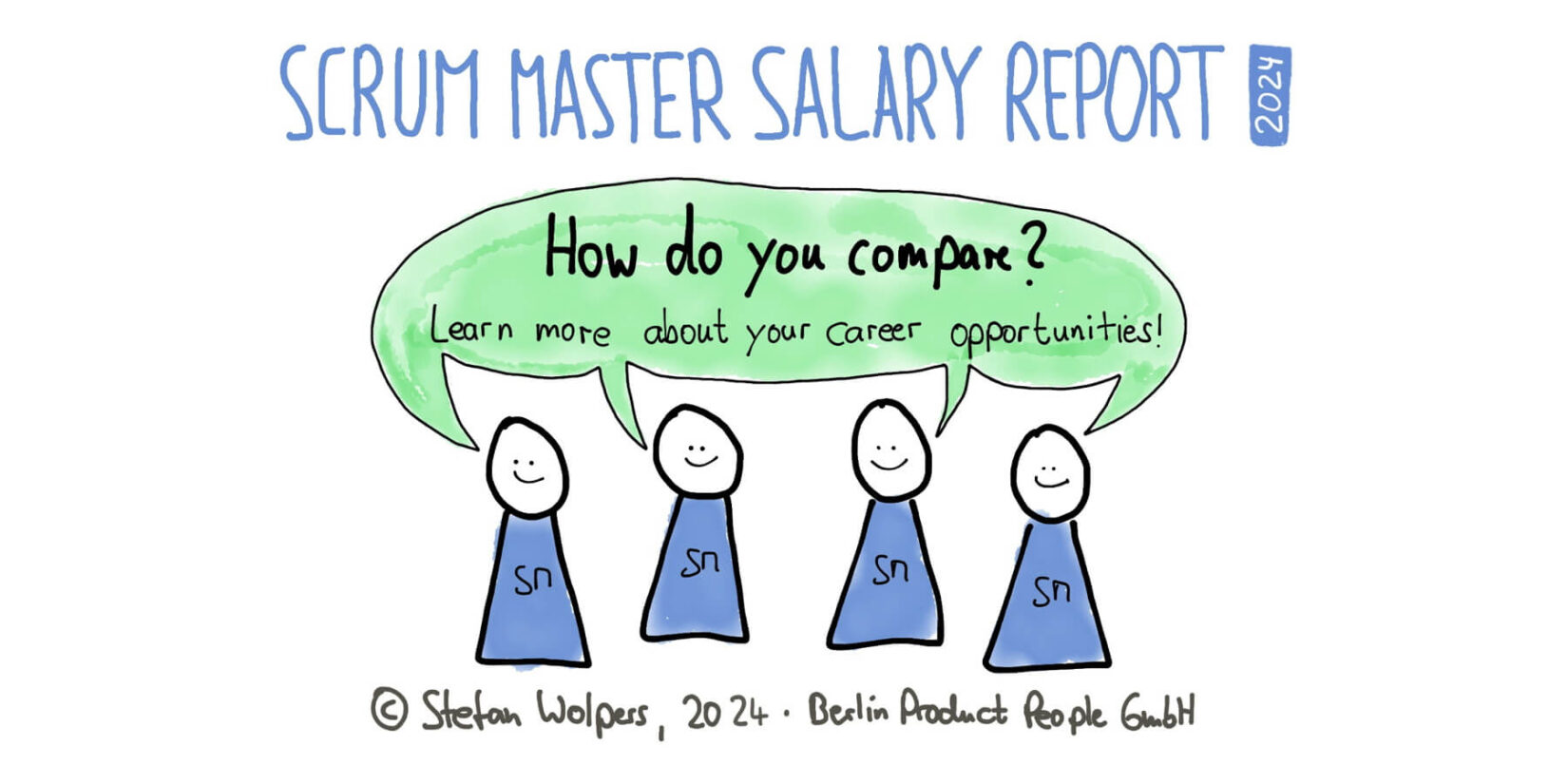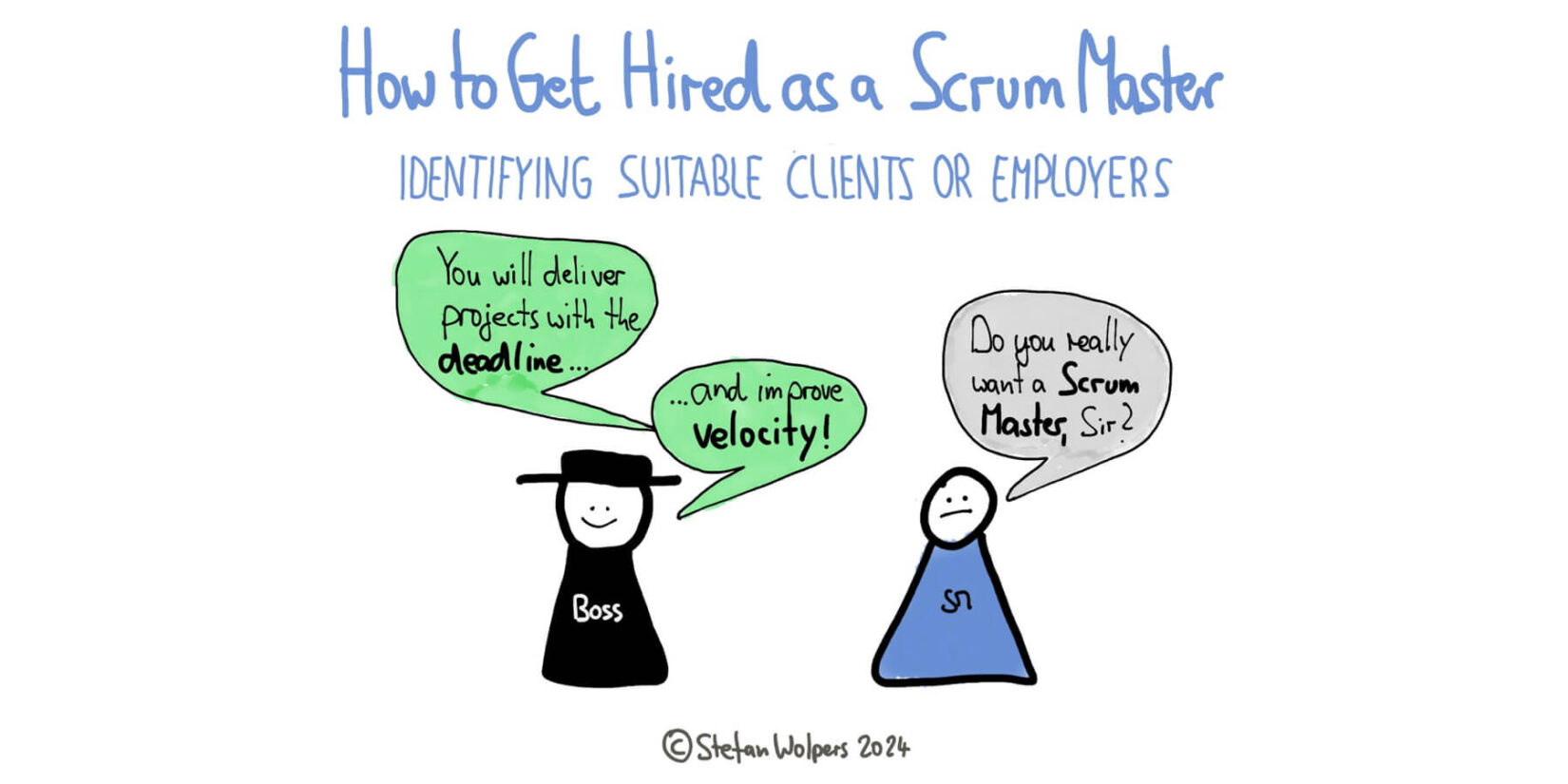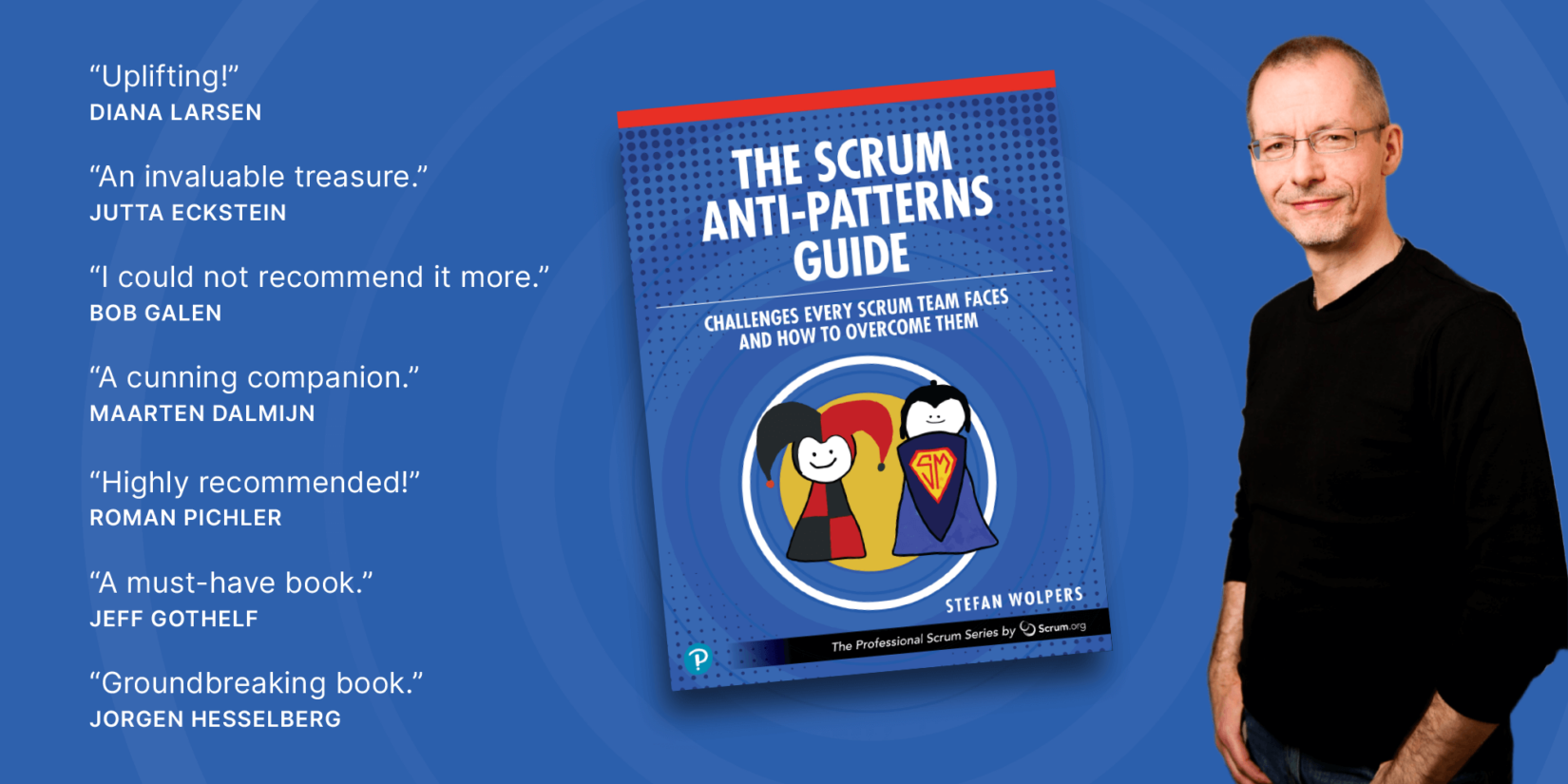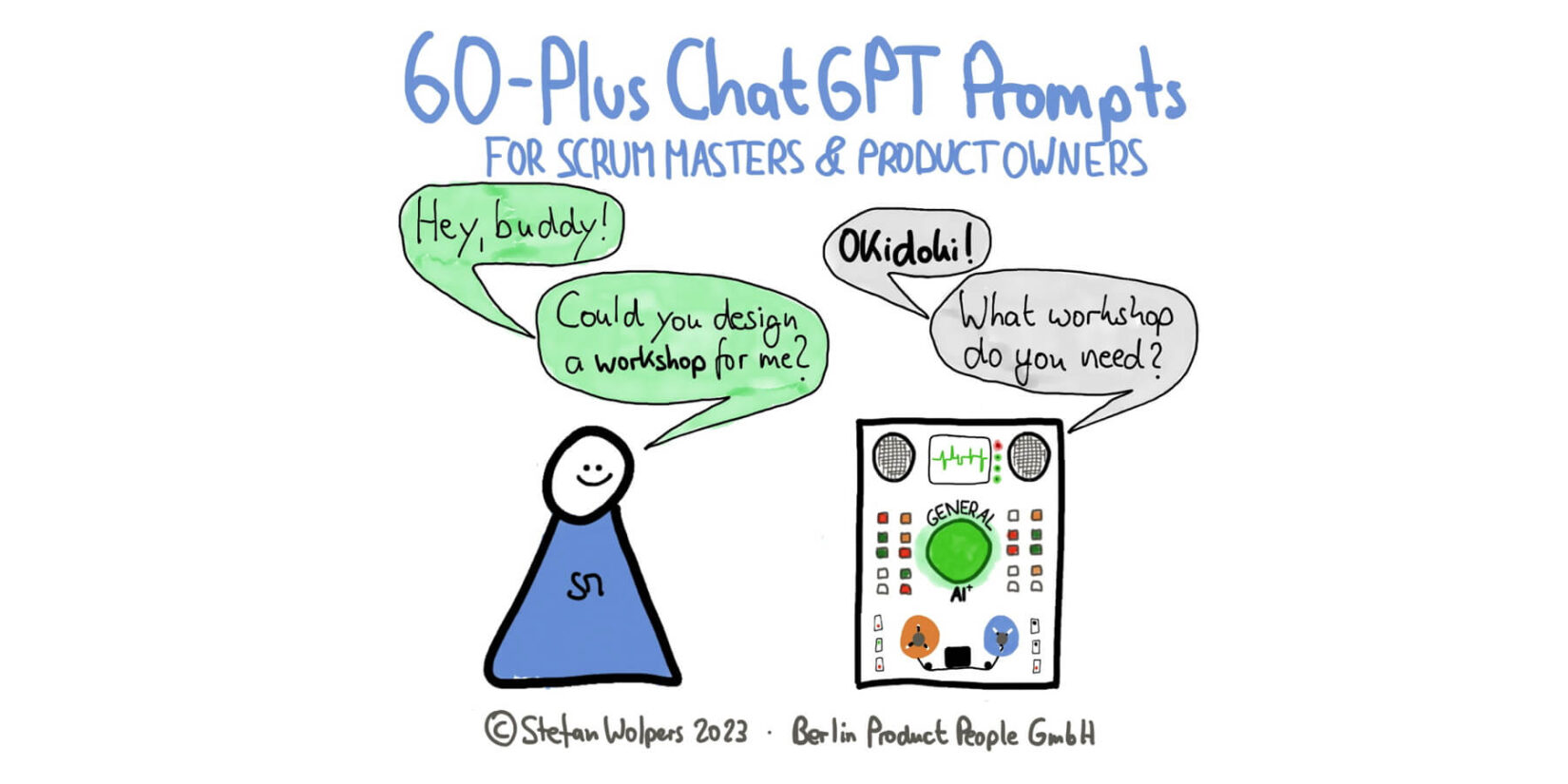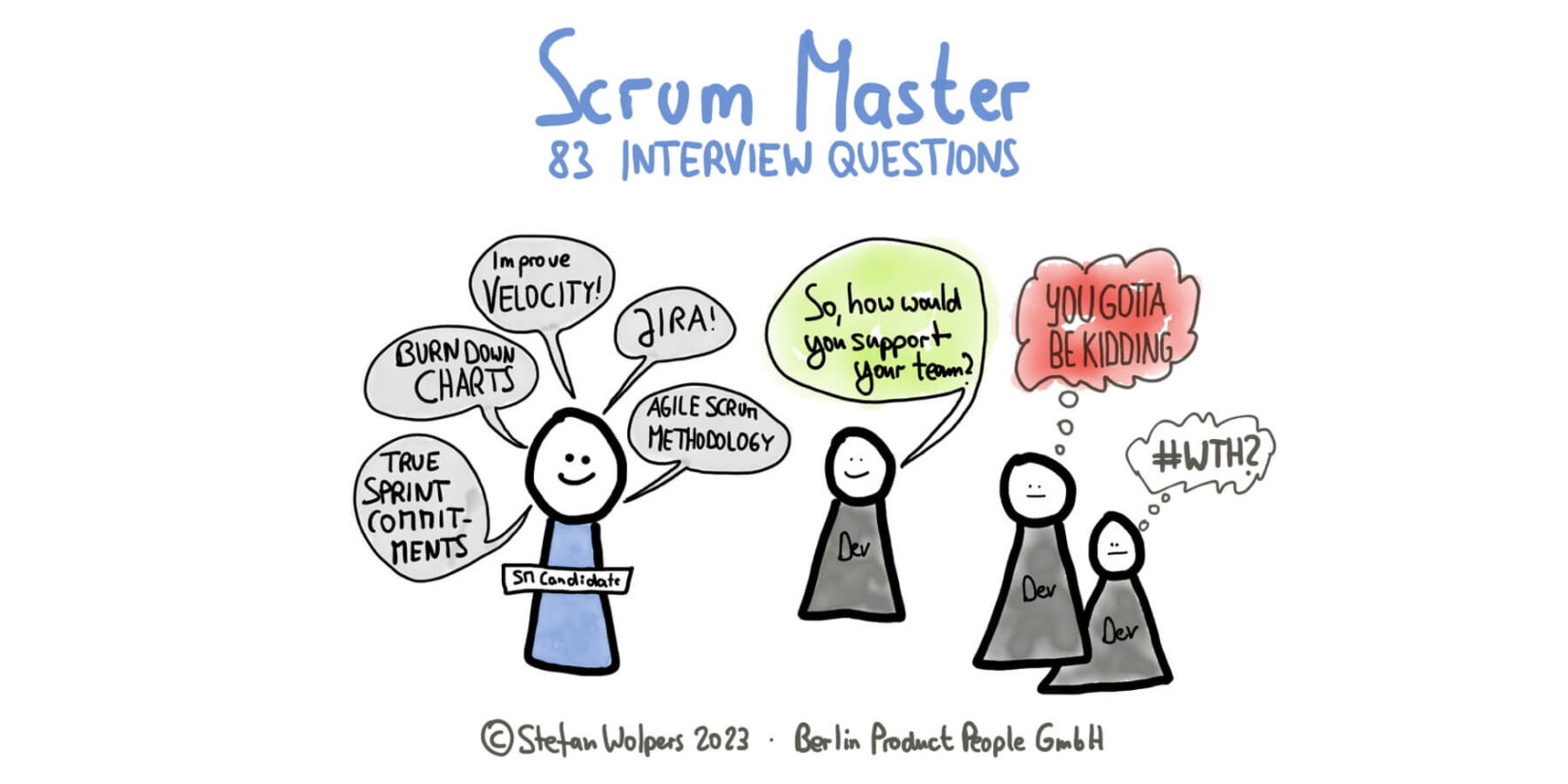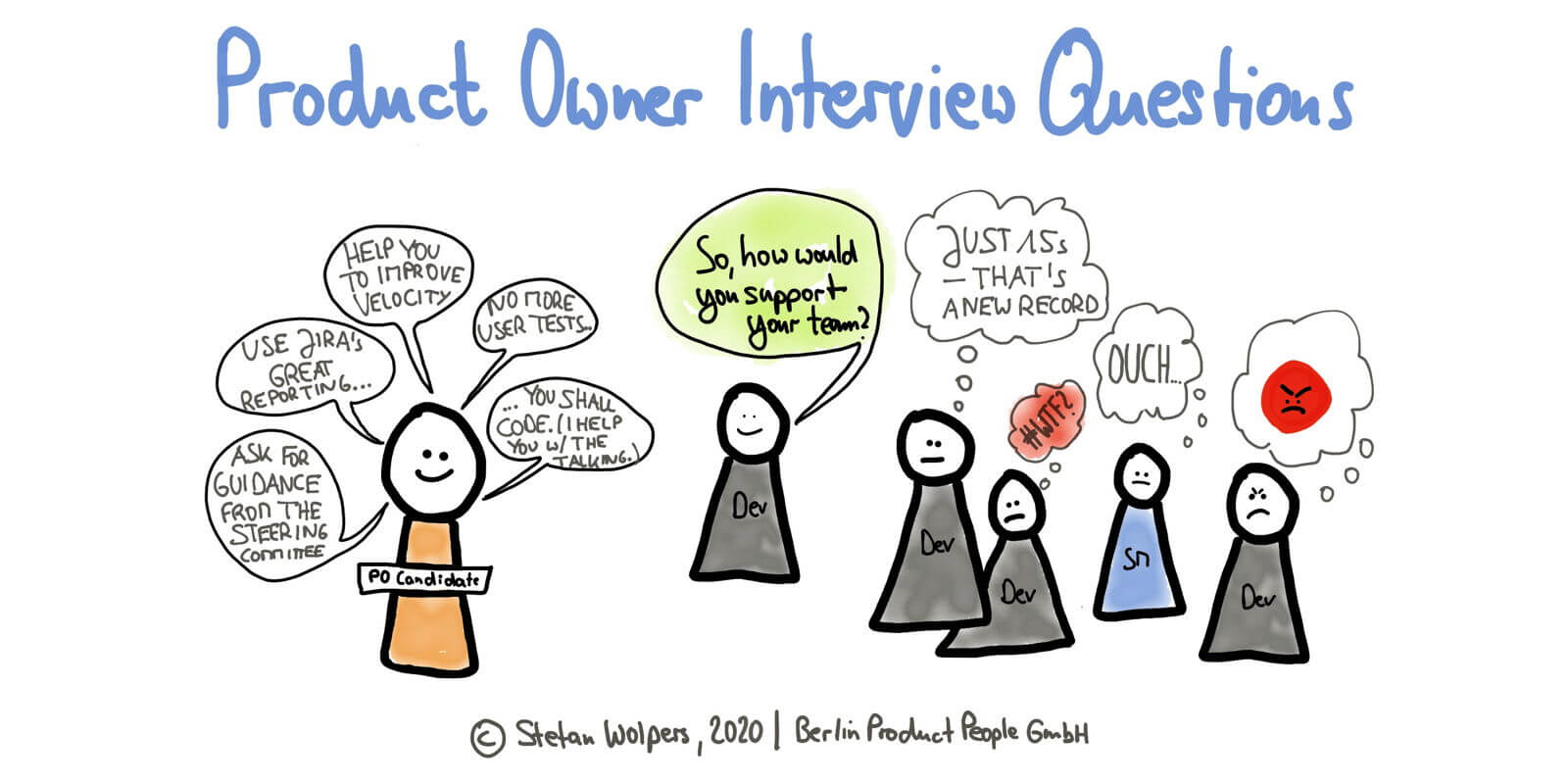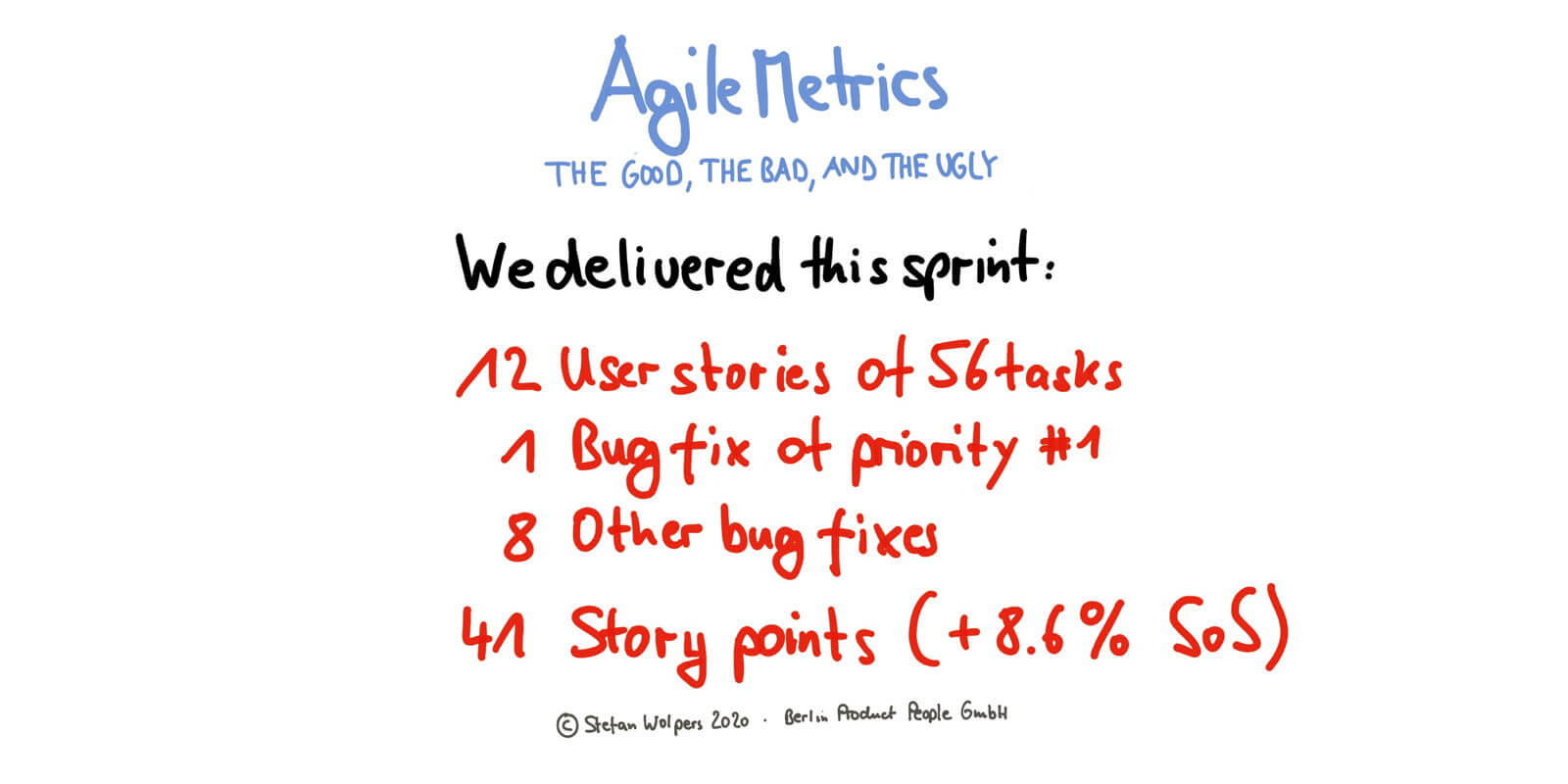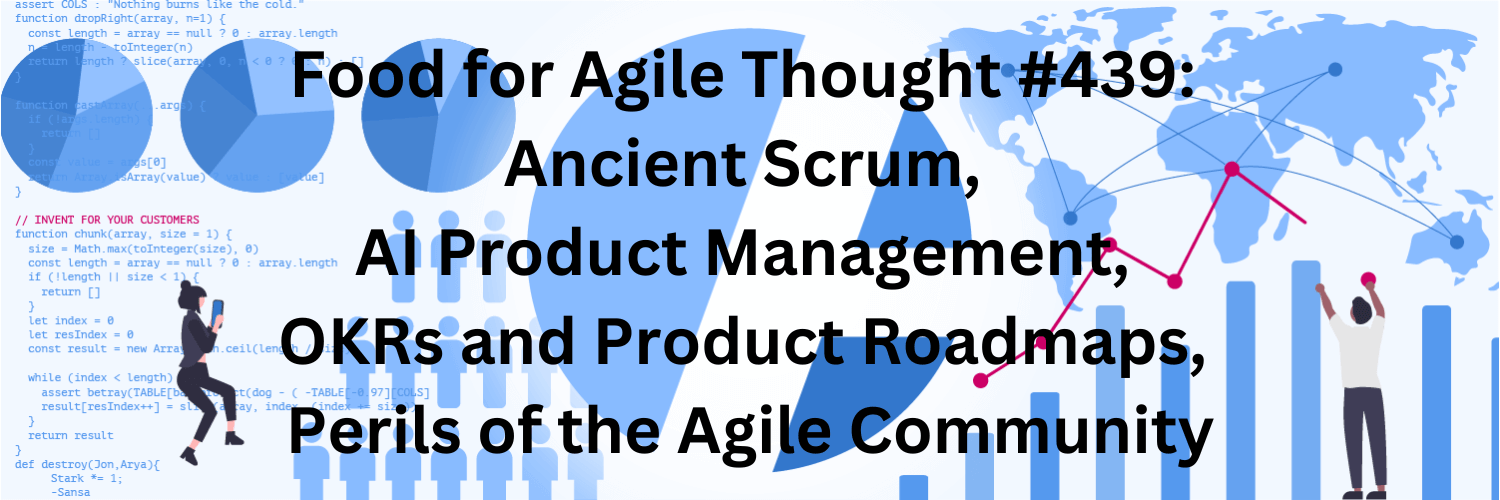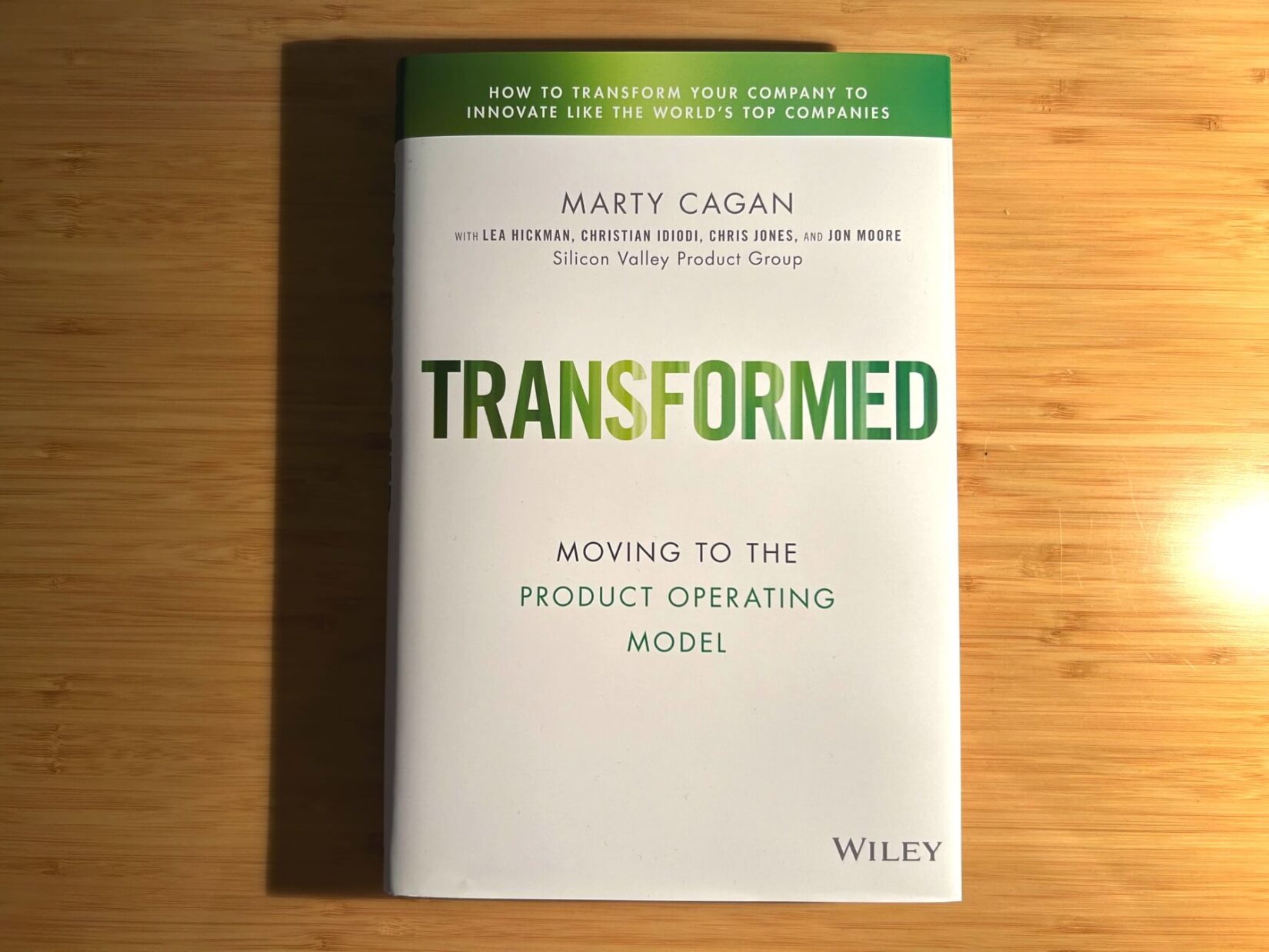TL; DR: Dunbar’s Number — Food for Agile Thought #437
Welcome to the 437th edition of the Food for Agile Thought newsletter, shared with 42,378 peers. This week, Patrick O’Shaughnessy interviews Robin Dunbar on Dunbar’s Number, revealing insights into human connections and their relevance in organizational structures. Jim Doran links Heisenberg’s Uncertainty Principle with Agile, highlighting the balance between focus and speed, alongside the importance of collaboration between Product Managers and Technical Leads. Eric Barker offers strategies to enhance team performance, including keeping teams small and fostering mutual respect. Jutta Eckstein, Susan McIntosh, Craig Smith, Ben Linders, Rafiq Gemmail, and Shane Hastie discuss the latest tech industry trends, focusing on remote innovation, AI, inclusivity, and sustainability. Also, Derk-Jan de Grood tackles five dependencies that slow down agile teams and provides solutions to improve efficiency and delivery.
Then, Debbie Levitt criticizes feature-first mindsets, urging a shift to user-centered product development. Teresa Torres highlights the effectiveness of story-based interviews in grasping actual user needs, and Marcus Castenfors discusses overcoming “Discovery Illness” by refining product discovery processes. Moreover, Ant Murphy shares strategies for streamlining product backlogs to focus on impactful outcomes. Lastly, Ash Maurya advocates for a problem-discovery approach, emphasizing the value of genuine user insights in shaping solutions.
Lastly, Jim Morris critiques the integration of OKRs with conventional processes, advocating for an analytics-first mindset. Avi Siegel distinguishes between job stories and user stories, underlining their collective importance. Another piece dissects common mistakes in user journey mapping, advocating for SMART goals and ongoing updates. Finally, we delve into the evolution of prototyping, from basic sketches to advanced simulations, highlighting their role in refining design and development stages.

